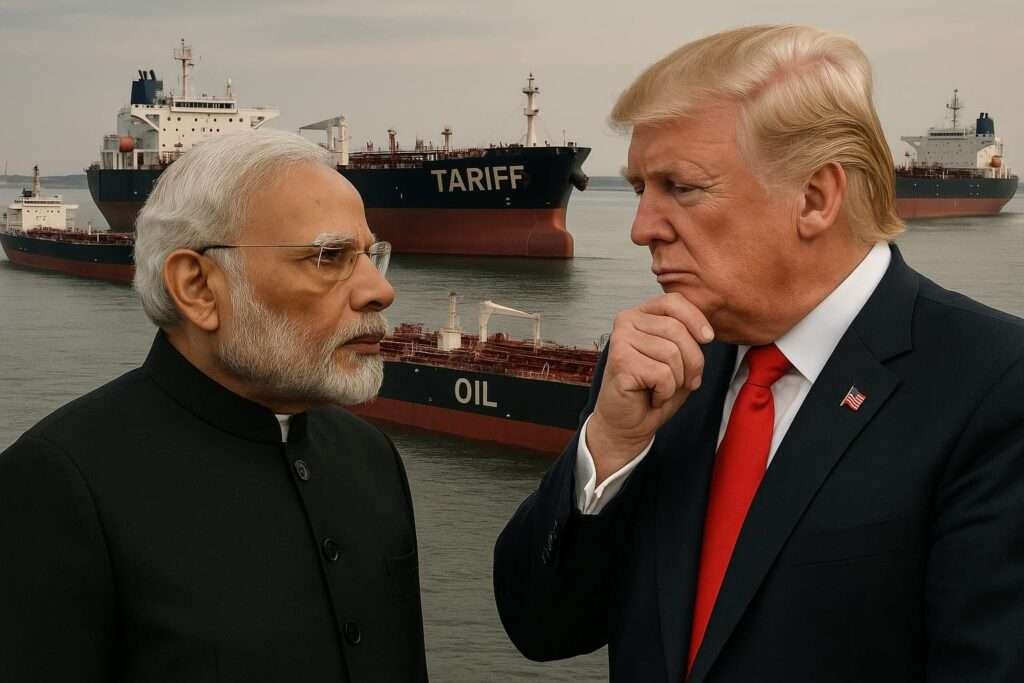New Delhi: India has firmly rejected Washington’s allegations that its purchase of Russian crude indirectly funds Moscow’s war chest, asserting instead that its energy strategy prevented a global oil crisis. Petroleum Minister Hardeep Singh Puri emphasized that New Delhi acted strictly within the framework of international law and price-cap mechanisms designed by the G7 and European Union. According to Puri, India’s decision to diversify crude imports after the Ukraine conflict was guided by a single imperative: energy security for 1.4 billion citizens. He noted that every transaction adhered to established shipping, insurance, and auditing protocols.
By continuing to source affordable oil, India not only cushioned its domestic economy but also stabilized global supply chains that might otherwise have spiraled to $200 per barrel. The criticism came after former U.S. trade adviser Peter Navarro alleged that India was “financing Russia’s war.” Indian officials dismissed this as unfounded, pointing out that the same Western nations criticizing India have themselves imported refined petroleum products originating from Russian crude processed in Indian refineries. This underscores what New Delhi views as a double standard in the discourse on sanctions and compliance. Meanwhile, the United States has imposed tariffs of up to 50% on several Indian export sectors, sharpening trade friction. Yet India’s stance is clear: as the world’s third-largest energy consumer, it cannot afford supply disruptions dictated by geopolitics. In Puri’s words, “Global energy markets require stability, not selective morality.” India’s position highlights a broader reality: in an interconnected world, national interest and global energy security converge. By maintaining steady flows, India positioned itself not as a profiteer, but as a stabilizer in an otherwise volatile oil market.

